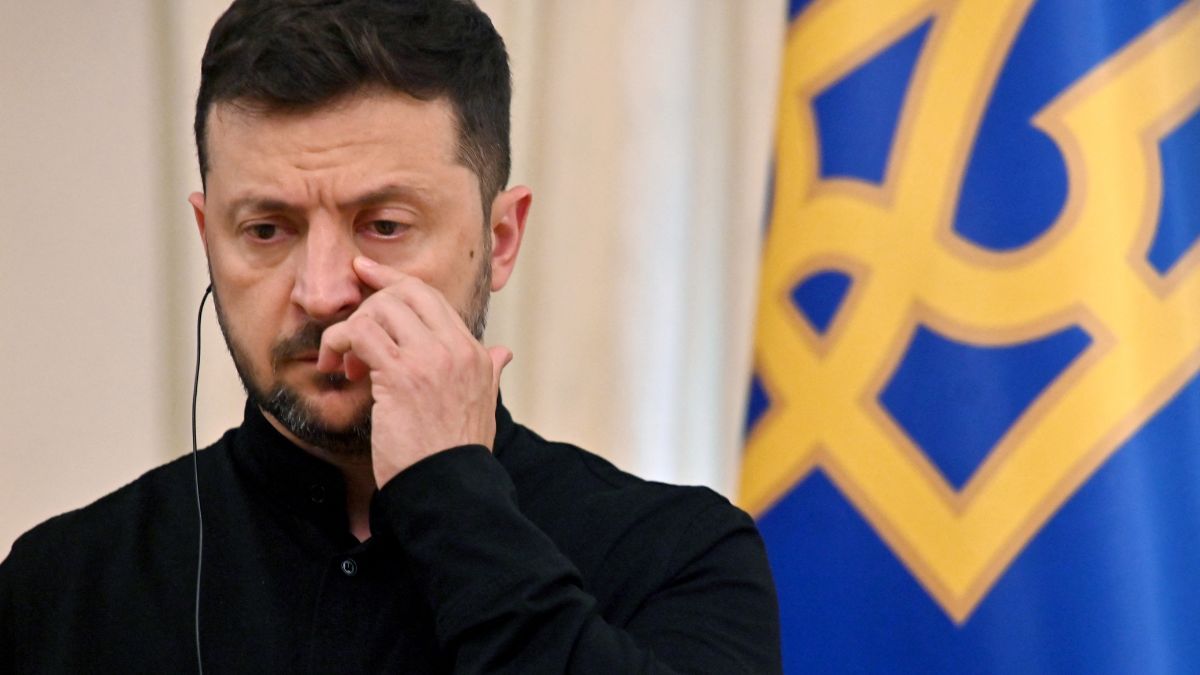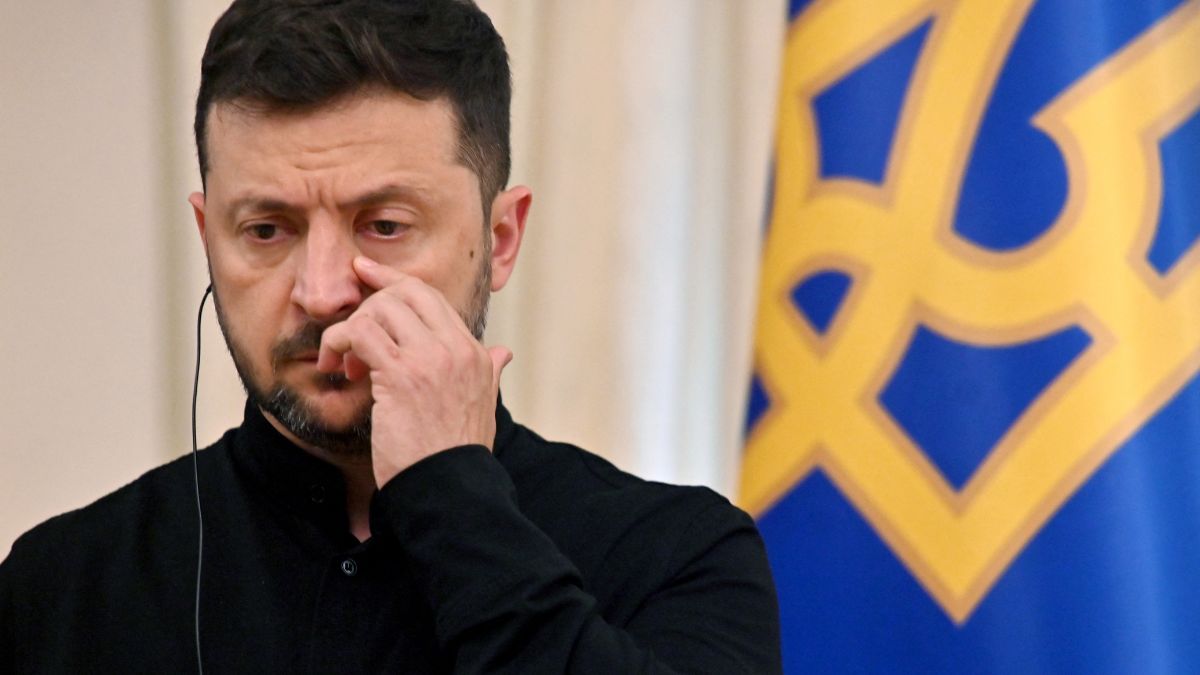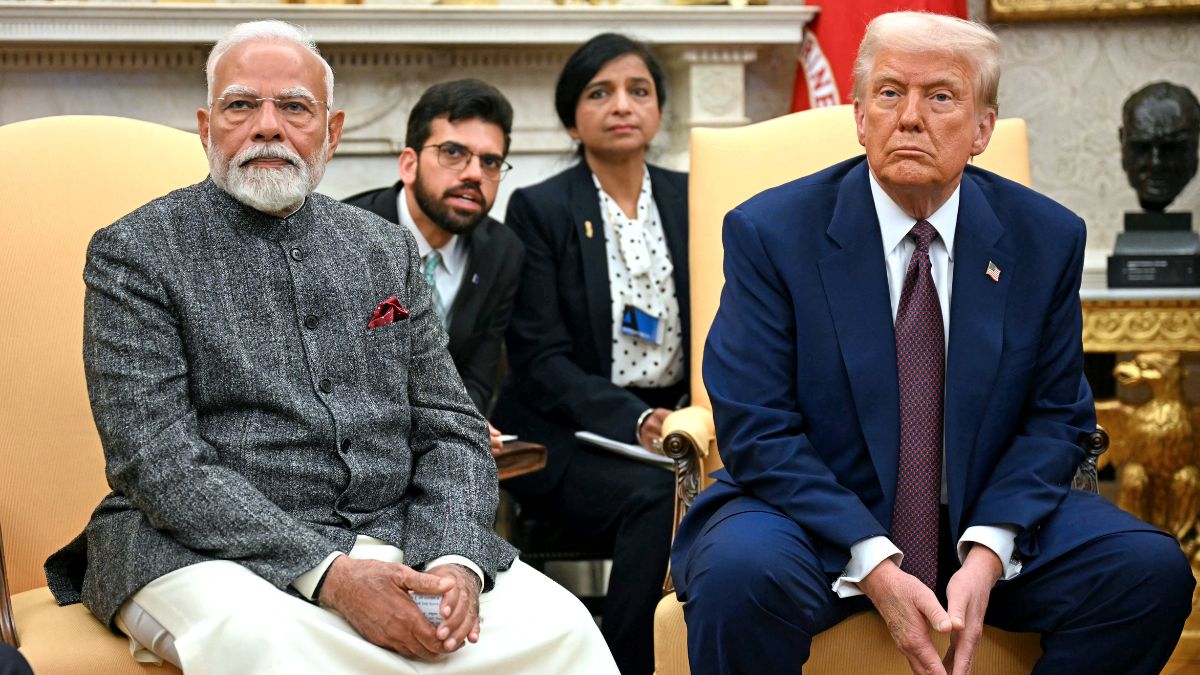Israel’s constant pounding of Lebanon, targeting Hezbollah continues with no end in sight. Israeli Prime Minister Benjamin Netanyahu also issued a second warning to the people of Lebanon, urging them to “stay out of harm’s way”.
In a post on X, the Israeli prime minister said: “We will continue striking Hezbollah. Anyone who has a missile in their living room and a rocket in their garage will not have a home.”
And the airstrikes, it seems, are hitting at the heart of Hezbollah, with top commanders of the militant group being taken out — the latest being Ibrahim Qubaisi, who was killed in Tuesday’s airstrike, which targeted the southern suburbs of Beirut.
Hezbollah also confirmed the death of Qubaisi; in a statement, the Iran-backed group said that “commander Ibrahim Qubaisi was martyred on the road to Jerusalem” — a phrase that Hezbollah uses to refer to fighters killed by Israeli strikes.
We take a closer look at how Israel has been targeting Hezbollah’s leadership and all the top members who have been killed in the conflict so far.
Ibrahim Qubaisi
On Tuesday (September 24), as part of its new aerial strikes on Lebanon, Israel struck the southern suburbs of Beirut, killing Hezbollah’s Ibrahim Qubaisi when it struck a six-storey residential building in the Dahiyeh district.
Israel Defense Forces (IDF) identified Qubaisi to be the chief of Hezbollah’s rocket and missile division. “Over the years and during the war, he was responsible for the launches at the Israeli home front. Qubaisi was a central source of knowledge in the field of missiles, and was close to the senior military leadership of Hezbollah,” the IDF said.
Israel claims that Qubaisi joined Hezbollah in the 1980s and served in various roles, including as the head of the Badr regional division. The IDF has also said that it was Qubaisi who planned the kidnapping attack in Mount Dov in 2000, which claimed the lives of IDF soldiers — Staff Sergeant Benyamin Avraham, Staff Sergeant Adi Avitan, and Staff Sergeant Omar Sawaid. Their bodies were returned only in 2004.
Ynet News reports that Qubaisi had recently been appointed to report directly to Hezbollah Secretary-General Hassan Nasrallah.
Ali Karaki
Earlier on Monday, the IDF also carried out aerial attacks on Lebanon, with officials saying the Jewish nation was targeting Hezbollah’s southern front commander Ali Karaki. He is also said to be a member of the Jihad Council, Hezbollah’s top military body.
While a Lebanese official was quoted as telling Sky News Arabia that Karaki was killed in the strike, Hezbollah said that the assassination attempt was a failure and that he had been transferred to a safe place.
Ibrahim Aqil
Last Friday, just days after the pager and walkie-talkie explosions in Lebanon, Israel targeted a residential area in Beirut, and killed two top Hezbollah military commanders and other senior officials.
One of those killed was Ibrahim Aqil, a senior leader in Hezbollah’s elite Radwan Force. The IDF confirming the kill said, “Ibrahim Aqil had the blood of many innocent people on his hands — Israelis, Americans, French, Lebanese and more.”
The 62-year-old, according to the IDF, had taken over as the second-in-command of Hezbollah’s armed forces after the killing of Fuad Shukr.
Aqil joined the Hezbollah in the 1980s and remained a shadowy figure within the group, making no public appearances or statements.
He was wanted by the United States for his alleged role in the 1983 bombings of the US embassy in Beirut, which killed 63 people, and if the US Marine Corps barracks, which claimed 241 US lives. Aqil also was responsible for the taking of American and German captives in the 1980s, according to US officials.
He was designated by the US as a “Specially Designated Global Terrorist” with the US State Department announcing a reward of up to $7 million for information leading to the “identification, location, arrest, and/or conviction” of Aqil.
Hezbollah confirmed Aqil’s death and said that he was a “great martyr” and “one of the great jihadist leaders”, adding that “Jerusalem was always in his heart, mind and thoughts day and night. Jerusalem was the passion of his soul and praying in its mosque was his greatest dream.”
The strike in Beirut also killed Ahmed Wahbi — the head of Hezbollah’s training unit and a former commander of the Radwan Force.
Fuad Shukr
Before these latest attacks in Lebanon, Israel had in July carried out an airstrike in Beirut, killing perhaps one of Hezbollah’s senior commanders — Fuad Shukr. Reports claim that Shukr received a phone call that directed him to move from his second-floor office to his seventh-floor residence, making him more vulnerable to an attack.
Also known as Al-Hajj Mohsin, Shukr was among the founding members of Hezbollah during the Israeli invasion of Lebanon in 1982. He was also the right-hand man of Hezbollah chief Sayyed Hassan Nasrallah.
According to Nicholas Blanford, an expert on Hezbollah with the Atlantic Council think-tank, Shukr was also responsible for obtaining the bulk of Hezbollah’s more advanced weapons, “including precise-guided missiles, cruise missiles, anti-ship missiles, long-range rockets, and UAVs”, as per an Al Jazeera report.
Besides being wanted by Israel, Shukr was also wanted by the US for allegedly playing a significant role in the 1983 bombing of the US Marine barracks in Beirut, which killed 241 US military personnel. This attack remains one of the deadliest against US forces in the West Asia region. For this, the US placed a bounty of up to $5 million on him.
Other Hezbollah commanders
Israel has also claimed that it has killed other senior Hezbollah commanders such as Taleb Abdullah, the commander of the Nasr regional division and Mohammad Nasser, the commander of the Aziz regional division.
Separately, Wissam al-Tawil, the deputy head of the Lebanese group’s elite Radwan Force, was killed in southern Lebanon on January 8, in a strike blamed on Israel.
With inputs from agencies


)
)
)
)
)
)
)
)
)



